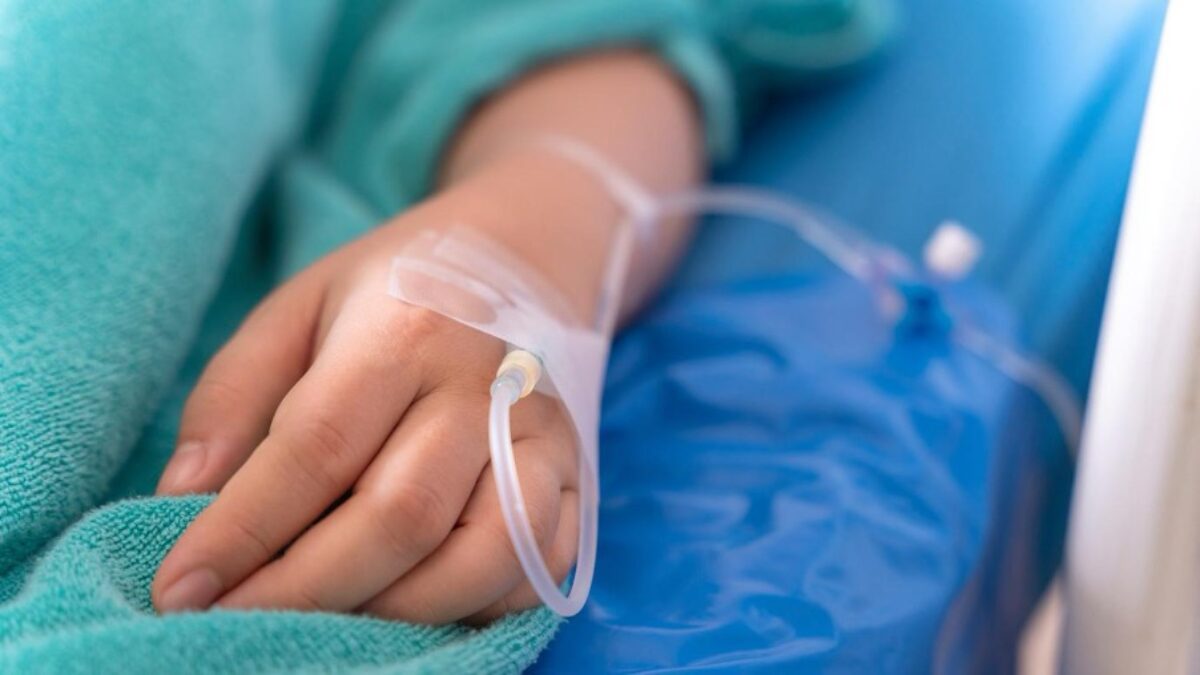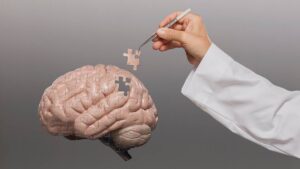Tryptamine gets green light for world-first IV-infused psilocin binge eating disorder trial

Tryptamine gets the go-ahead to start trial of IV-infused psilocin TRP-8803 to treat BED. Pic Getty Images.
- Tryptamine receives ethics approval for clinical trial of IV-infused psilocin TRP-8803 to treat binge eating disorder
- Trial in collaboration with Swinburne University will involve 12 patients in two cohorts
- Patient recruitment underway with first dosing forecast in Q3 2025 and top-line results in Q4 2025
Special Report: Tryptamine Therapeutics has received formal approval from the Swinburne University Human Research Ethics Committee (SUHREC) to initiate a world-first clinical trial of its proprietary psilocin-based IV-infused formulation TRP-8803 into binge eating disorder (BED).
Tryptamine Therapeutics (ASX:TYP) said the open-label trial in collaboration with Swinburne University would assess the safety, efficacy and dosing flexibility of TRP-8803 when administered in concert with psychotherapy for adult patients with BED.
The trial will dose 12 participants suffering from BED in two patient cohorts with each being administered two doses of TRP-8803 14 days apart in a monitored setting.
Both patient cohorts will receive Tryptamine’s target therapeutic dose level with cohort one dosed over 140 minutes and cohort two patients over 60 minutes.
TRP-8803 will be administered to patients following preparatory psychotherapy and integration initiatives.
The trial’s primary objective is to assess the safety and efficacy of two doses of TRP-8803 in BED patients and throughout follow-up during the 12 weeks following the second dose.
Secondary and exploratory objectives include evaluating the ability of TRP-8803 to induce a psychedelic state and effects on the frequency of binge-eating episodes and other weight-related indicators over four and 12 weeks from second dosing.
Swinburne University has initiated patient recruitment with first cohort dosing forecast during Q3 CY25 and top-line results in Q4 CY25.
Watch: Cash in the bag for Tryptamine Therapeutics
Potential effective treatment for common eating disorder
Tryptamine said it was pursuing BED as it was the most common eating disorder in the US and the second most common in Australia, affecting people of all racial and ethnic groups.
BED is when a person eats a large amount of food in a short amount of time and feels they cannot control what or how much they are eating.
In the US, ~1.25% of adults experience BED each year, with women affected at twice the rate of men.
Lifetime prevalence is estimated at around 2.8% of adults, equating to ~7.3 million Americans who have experienced BED at some point in their lives.
About 1.6% of teens aged 13 to 18 years old are affected.
Tryptamine said a much larger percentage of teens and adults had episodes of binge eating or loss-of-control eating.
This is the feeling that sufferers cannot control their eating, regardless of how much food they eat, but at a rate not frequent enough to meet the criteria for binge eating disorder.
Tryptamine said the average age at which binge eating disorder first occurred was 25 years. Nearly two-thirds of people who meet the criteria for binge eating disorder experience binge eating episodes over the span of one year or longer.
This condition is associated with obesity and neuropsychiatric comorbidities, with sufferers often experiencing anxiety, depression, PTSD, as well as impulsive and compulsive behaviours.
The trial will provide valuable insight into the potential for TRP-8803 as an effective treatment for BED, while exploring its use in other neuropsychiatric indications to be investigated in future clinical trials.
The trial follows positive interim data from Tryptamine’s study in collaboration with the University of Florida for its oral psilocybin formulation TRP-8802, which demonstrated a greater than 80% improvement in patient Binge Eating scores.
Provide ‘valuable insight’ into TRP-8803
CEO Jason Carroll said while BED was not widely publicised, it was incredibly widespread with many sufferers also experiencing a range of other neuropsychiatric conditions.
“While the primary objective of this world-first trial is to assess TRP-8803’s utility in Binge Eating Disorder, it will also provide valuable insight into how TRP-8803 may help with other neuropsychiatric disorders, in line with the company’s goal of delivering treatments to large, unmet conditions,” he said.
“With patient recruitment initiatives now underway, we look forward to first enrolment and the commencement of baseline data generation from participants, prior to first patient dosing.”
This article does not constitute financial product advice. You should consider obtaining independent advice before making any financial decisions.
Related Topics

UNLOCK INSIGHTS
Discover the untold stories of emerging ASX stocks.
Daily news and expert analysis, it's free to subscribe.
By proceeding, you confirm you understand that we handle personal information in accordance with our Privacy Policy.








